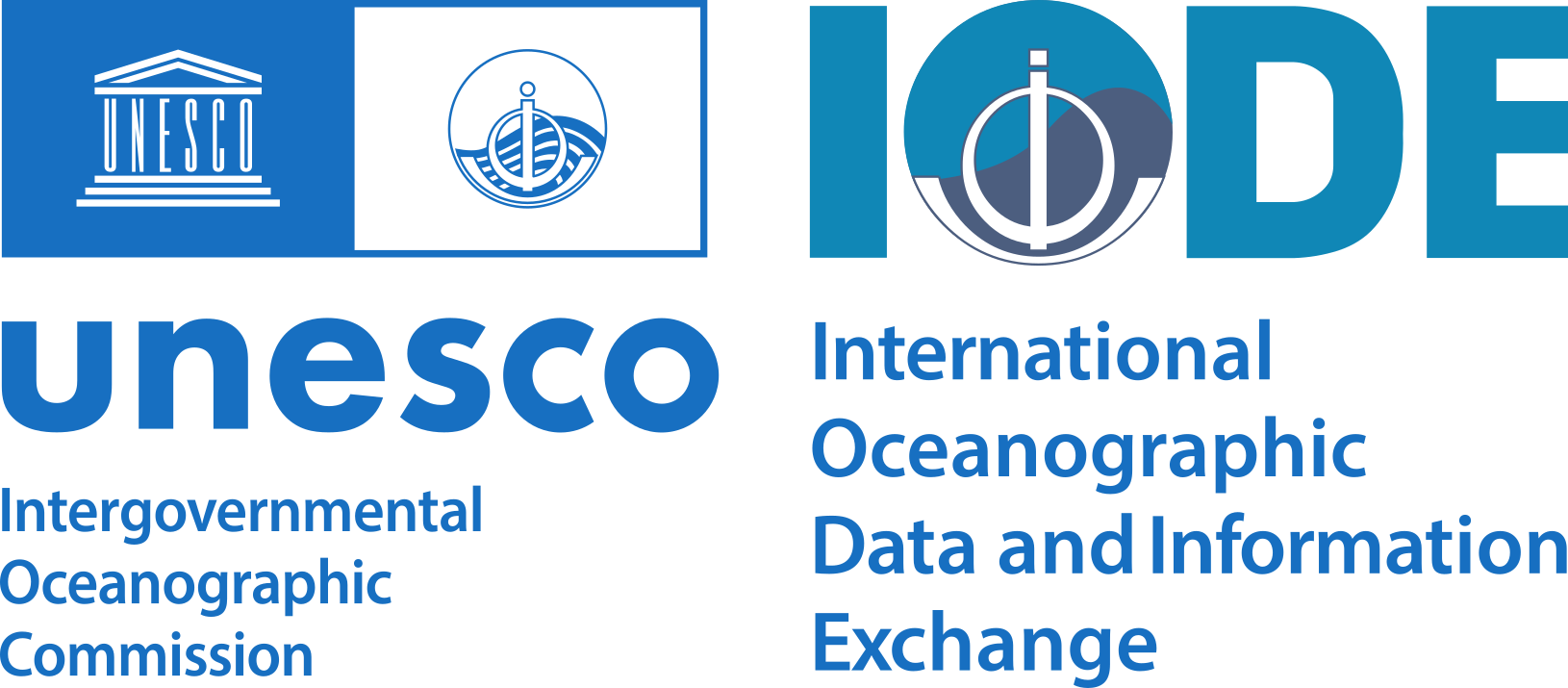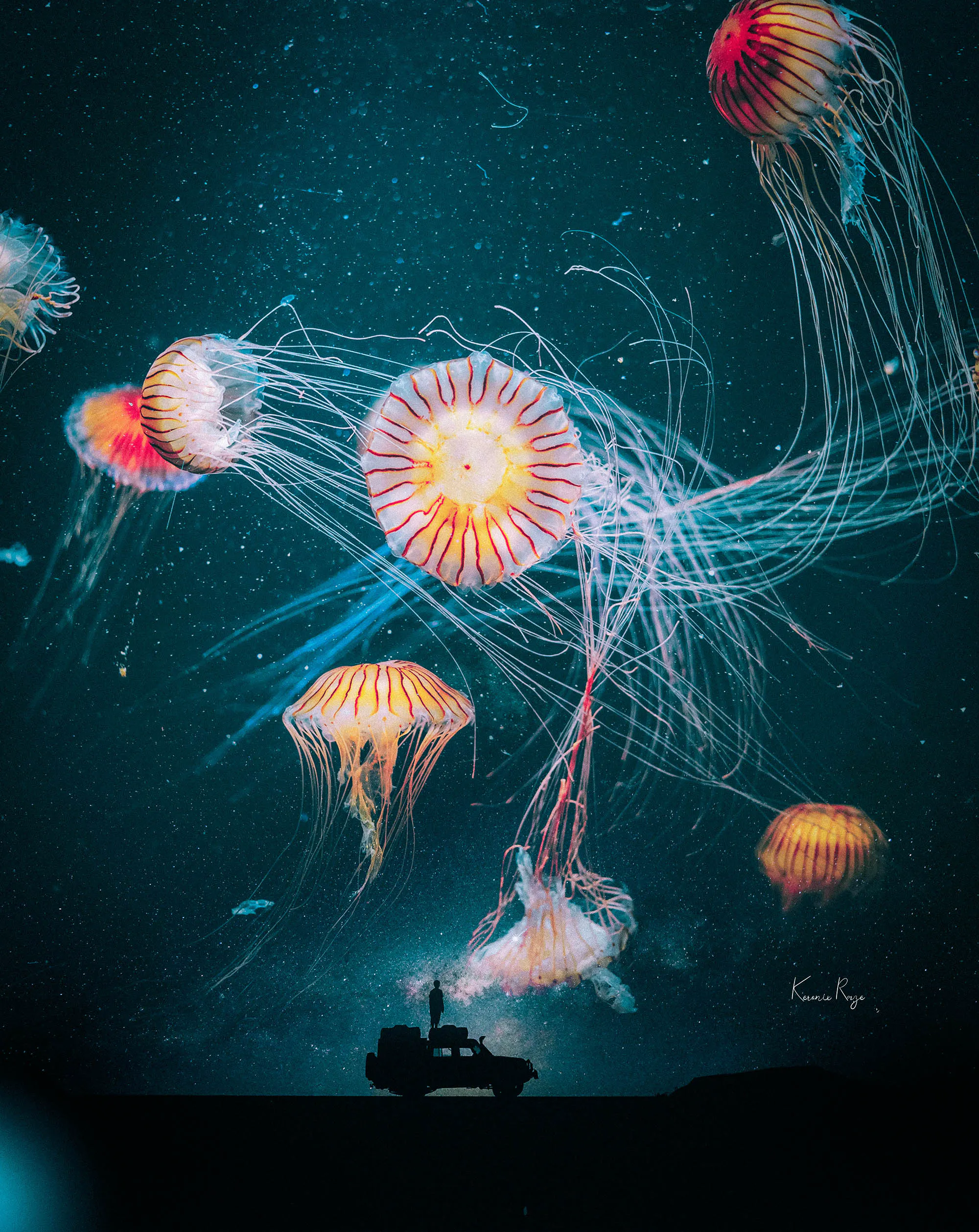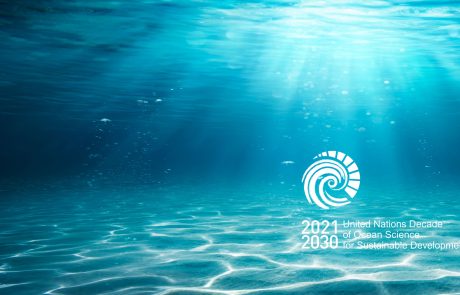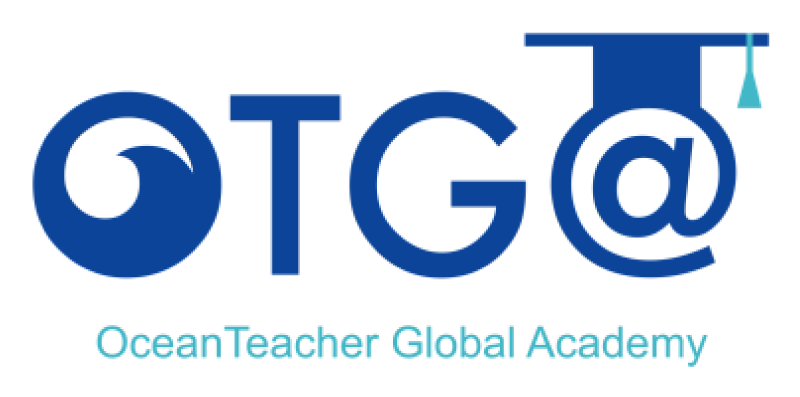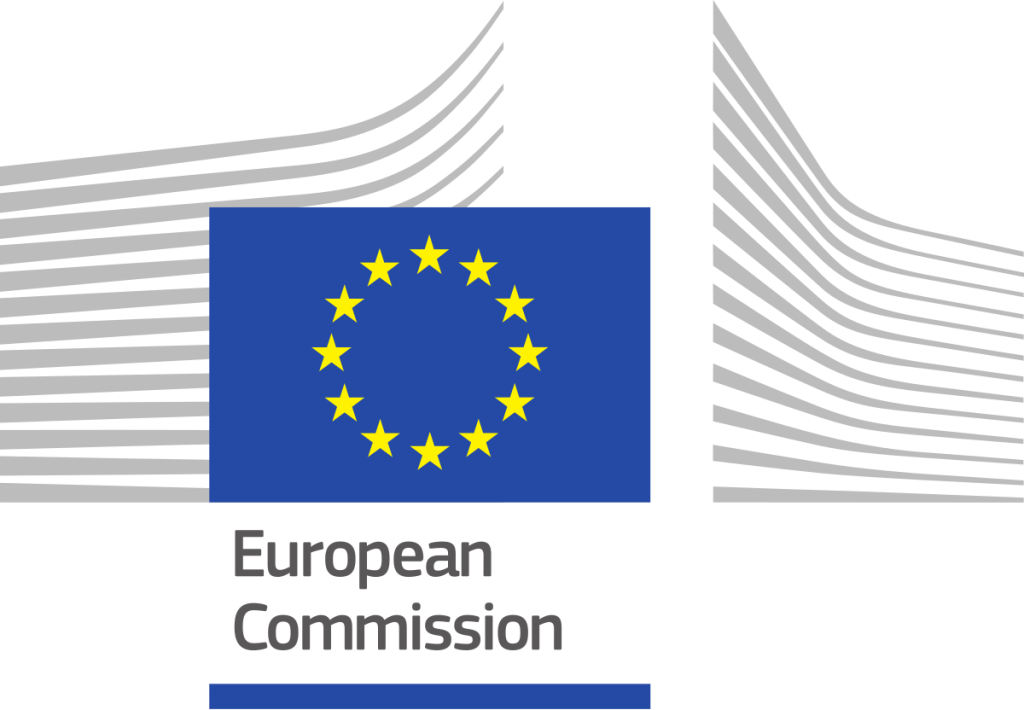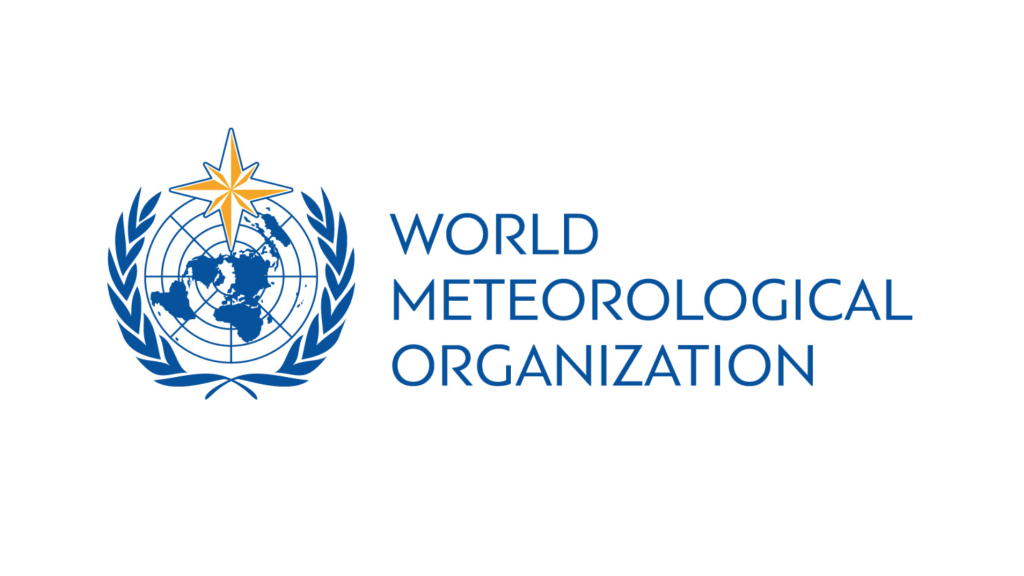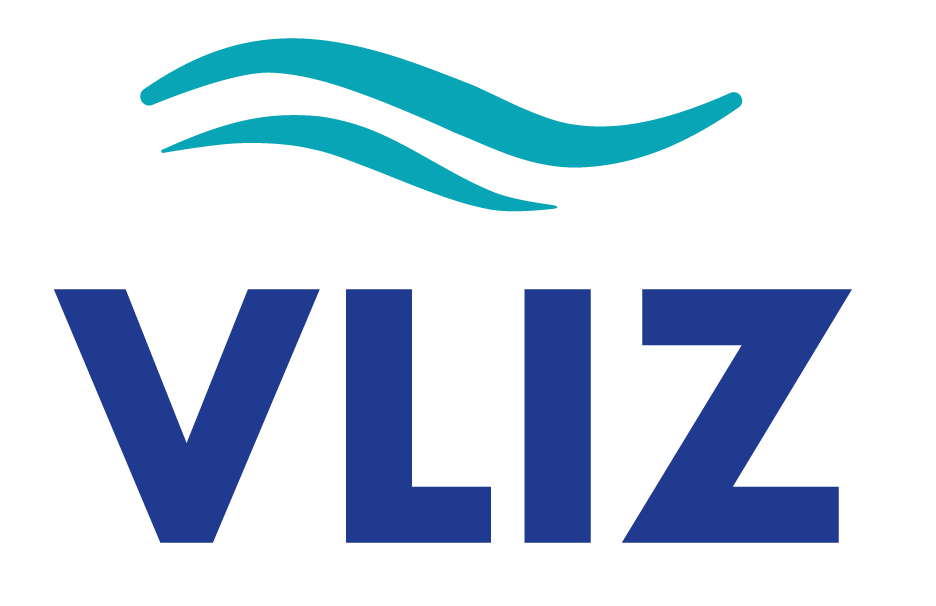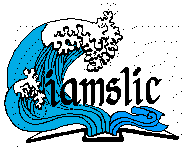The International Oceanographic Data and Information Exchange (IODE) of the Intergovernmental Oceanographic Commission (IOC) of UNESCO was established in 1961.
The International Oceanographic Data and Information Exchange (IODE) of the Intergovernmental Oceanographic Commission (IOC) of UNESCO was established in 1961. Its purpose is to enhance marine research, exploitation and development, by facilitating the exchange of oceanographic data and information between participating Member States, and by meeting the needs of users for data and information products.
The IODE programme coordinates a global network of more than 100 National Oceanographic Data Centres (NODCs), Associate Data Units (ADUs) and Associate Information Units (AIUs). These centres manage and make available millions of ocean observations that contribute to ocean data products and services developed and used by other IOC programmes, supporting a wide range of applications for the ocean community and society in general.
IODE Events
News and updates
OceanExpert video launched
JOIN THE WAVE OceanExpert is granting you access to a network of people, IOC events, their related[...]
OBIS secretariat now has two experts in eDNA
Dr Saara Sumominen, after more than 3 years working as a consultant for us with projects like[...]
OTGA self-paced learning
The OceanTeacher Global Academy (OTGA) is a long-term action that supports the IOC International Oceanographic Data and Information[...]
